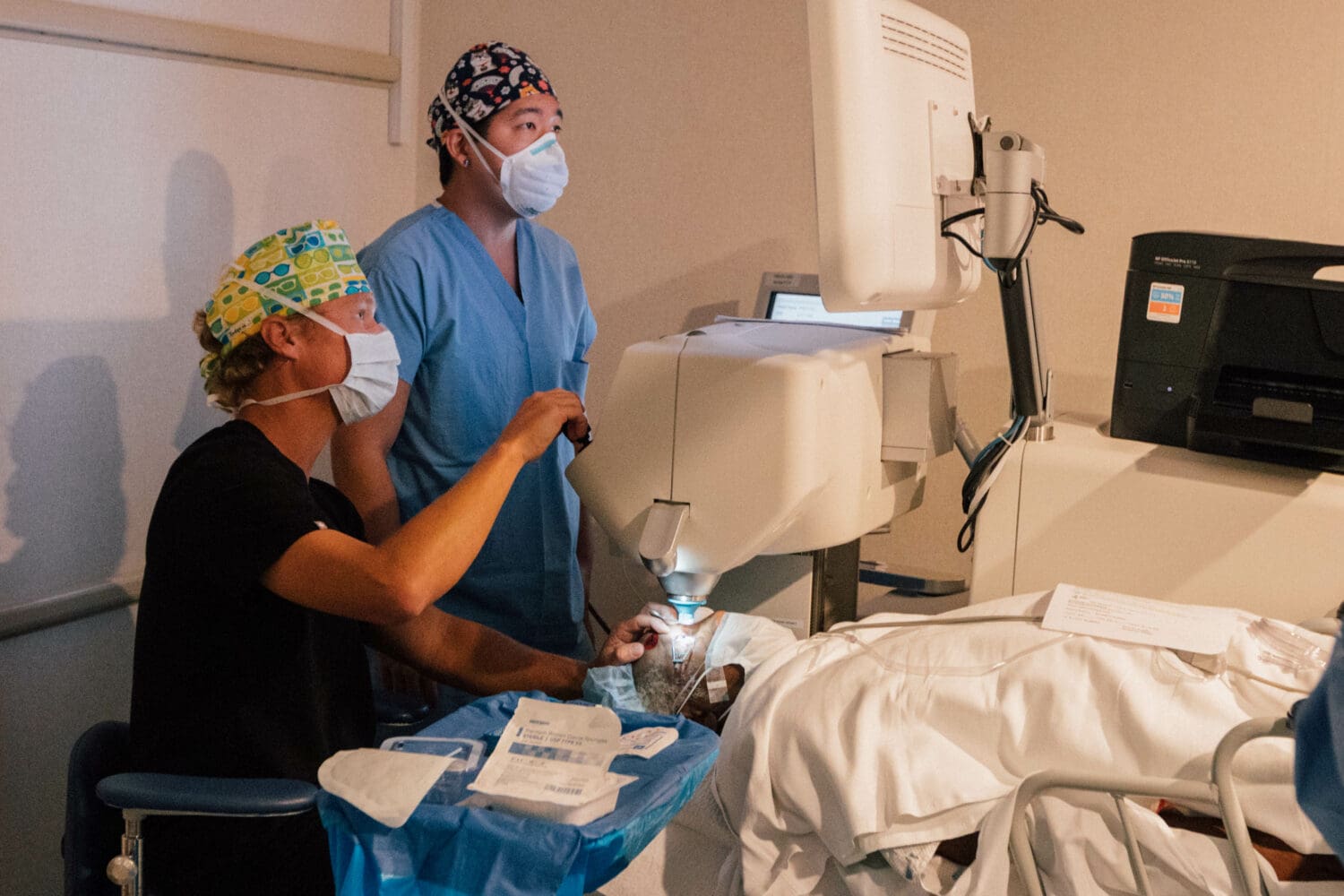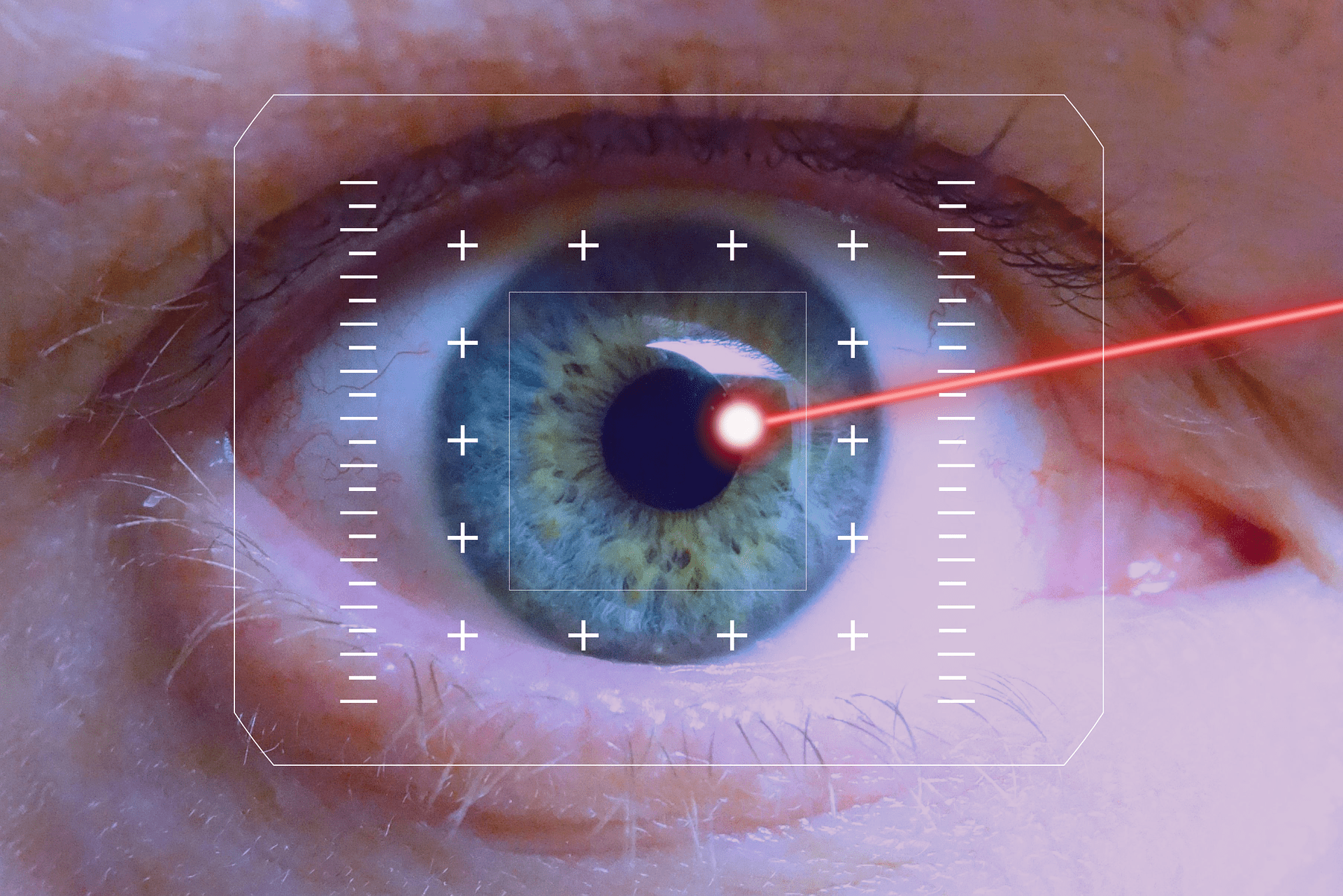LASIK eye surgery has transformed the lives of millions by offering a long-term solution to…

Seeing Beyond Darkness: Low Vision Strategies for People with Retinitis Pigmentosa
Retinitis Pigmentosa (RP) is a progressive genetic disorder that causes gradual vision loss, often leading to low vision or blindness. While living with RP can present challenges, there are strategies and interventions available to help individuals navigate their visual impairment and maintain a fulfilling lifestyle.
Understanding Retinitis Pigmentosa
Retinitis Pigmentosa is characterized by the gradual degeneration of the light-sensitive cells in the retina, leading to impaired night vision, tunnel vision, and, eventually, central vision loss. It is a progressive eye disorder that can cause significant visual impairment and even blindness. The causes of Retinitis Pigmentosa are largely unknown. There are several genes associated with the condition, and mutations in any one of these genes could lead to Retinitis Pigmentosa. There is no way to predict which individuals may develop this condition or when symptoms may begin. Understanding the progression of RP is crucial for individuals and their families to anticipate changes in vision and plan accordingly for the future.
Navigating Low-Vision Challenges
Living with low vision requires adapting to new ways of performing daily tasks. This might involve using magnification tools, such as handheld magnifiers or electronic devices with zoom features. It also involves learning new techniques and strategies to better manage everyday tasks. It’s important for people with low vision to become familiar with different types of assistive technology, which can be used in various settings. Assistive technology can range from simple magnifying tools to more complex devices such as screen readers or voice recognition software. Utilizing high-contrast materials and good lighting can enhance visibility and make reading and other activities more manageable.
Visiting a Trusted Ophthalmologist for Personalized Guidance
While adopting low-vision strategies is essential, seeking guidance from a professional ophthalmologist specialized in low-vision is invaluable. A trusted ophthalmologist can conduct a comprehensive assessment of your visual needs, prescribe appropriate visual aids, and provide training to optimize their usage. Skilled ophthalmologists can recommend a range of low-vision aids that are best suited to your lifestyle and vision. They may include magnifiers, handheld telescopes, bioptic telescopes, closed circuit television (CCTV) systems, high contrast lenses, electronic reading devices, or even computer programs with speech output. Regular visits to your ophthalmologist ensure that your low vision needs are continuously addressed, allowing you to adapt to your changing vision with confidence.
By partnering with a dedicated ophthalmologist, you can see beyond the darkness and confidently embrace the tools and techniques that allow you to lead a fulfilling and independent life.
Ready to optimize your quality of life and adapt to low vision challenges caused by Retinitis Pigmentosa? Contact us today to schedule a consultation with our experienced ophthalmologists specializing in low vision.



